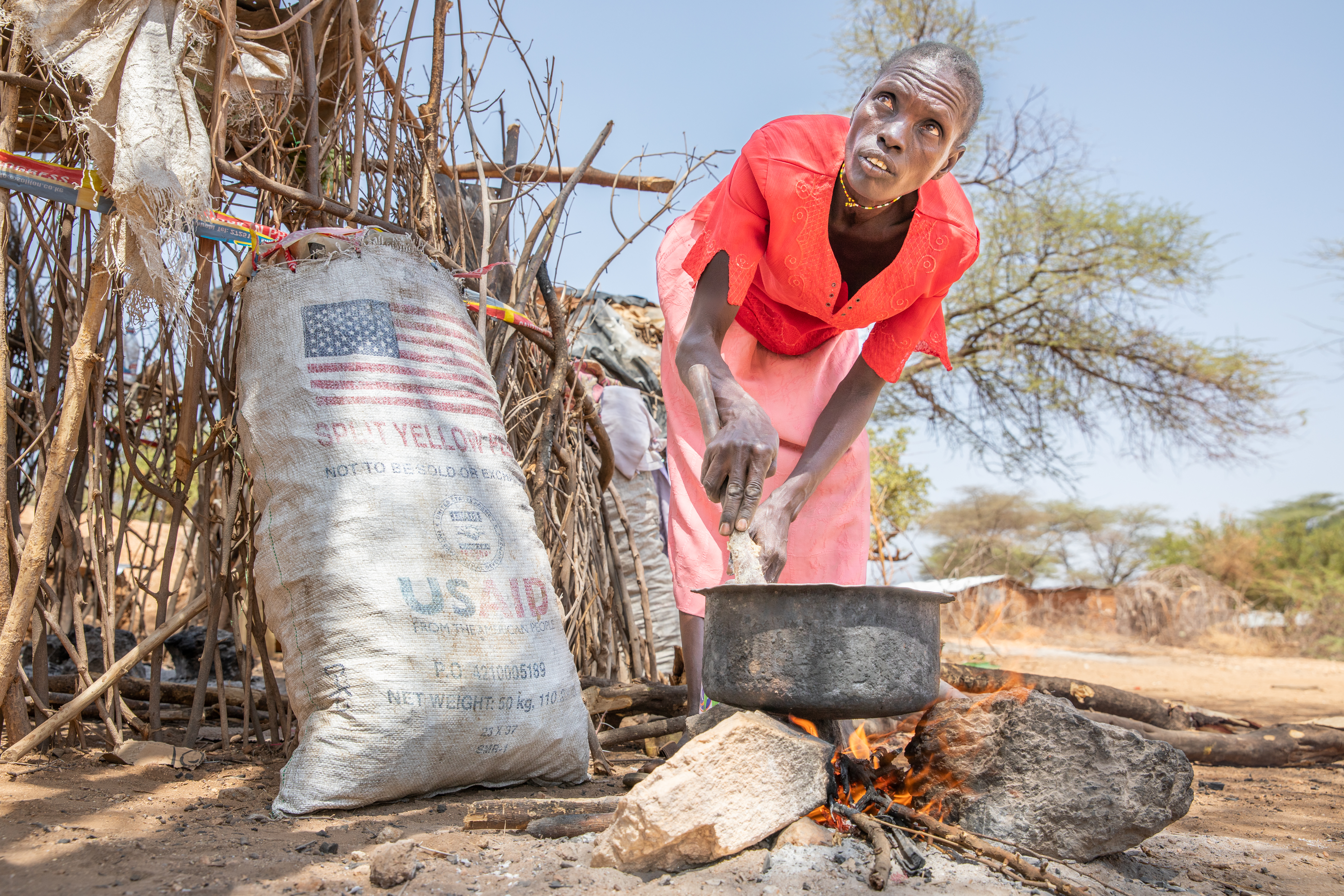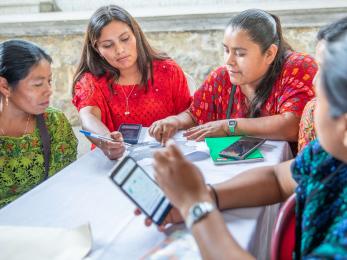The first startup in Palestine devoted to mental health and wellbeing

Hakini—which means “tell me” in Arabic—is defying social stigma and lack of awareness by helping thousands of Palestinians invest in their mental health. The online mental health platform is on a mission to make mental health care more accessible by providing teletherapy and guidance for self-help intervention in Arabic.
Hakini’s website and mobile app matches users to therapists providing confidential care and guides users on a self-help journey supported by evidence-based exercises. The majority of users are women and teenagers, who face a lack of available mental health resources. Hakini’s success is due to its support by Arab mental health professionals who adapt content and services specifically for Arab culture.
Necessity is the mother of invention
Sondos Mleitat, the co-founder and Co-CEO of Hakini, is a full-time entrepreneur and she holds a bachelor’s degree in architectural engineering from Birzeit University. With a background in investment, design thinking, and project management, Sondos always had the drive to do something that would benefit her community.
The idea of Hakini came when Sondos personally went through a rough patch and found herself in need of therapy. At the time, Sondos struggled to find the help she needed. Not only were services limited, but people seeking help must also contend with stigma and lack of awareness about the importance of mental health and wellbeing in Palestine. Statistics show that only 10% of the Palestinians needing care and mental health services are able to receive it.
“Current mental health care providers are disorganized, disheveled, expensive, and just plain disappointing,” says Sondos. She felt the need to create a well-organized, personalized, and affordable mental health care and self-awareness solution for Palestinians and people from the region, and around the world.
“At the beginning of the pandemic, my co-founder Majd and I were in the idea stage of developing Hakini. We worked manually and on a very low scale.” Sondos explains. “When we saw the call for the hackathon ‘Hack the Crisis Palestine’ we decided to participate.”
Mental health therapy should be accessible to everyone
‘Hack the Crisis Palestine’ was an online event hosted by Gaza Sky Geeks, a joint effort of Mercy Corps and Google for Startups. Gaza Sky Geeks is the lead co-working space, startup accelerator, and technology education hub in Palestine. The hackathon brought together more than 130 teams to share ideas and find solutions in health, education, and work life for Palestinians in the time of COVID‑19. Winners of the event go on to receive support and mentorship to develop and launch their ideas.
Having a truly unique idea that serves an actual need in Palestine, Hakini won ‘Hack the Crisis Palestine’. After their win, Hakini went on to the incubation stage at the Gaza Sky Geeks Startup Accelerator. The intensive 16-week pre-seed acceleration program helps founders build a usable product that was tested by users, launch their apps for the public to use, and scale their user base.
When they joined the Gaza Sky Geeks Startup Accelerator in 2020, Hakini only had an idea without implementation. The help of the Gaza Sky Geeks Startup Accelerator team opened their eyes to many aspects of their venture, from their pitch deck to their business model.
“Gaza Sky Geeks Startup Accelerator, helped Hakini move to the next level. They turned our idea into a real startup and helped us move forward. Without their help and the grant that we won, and without the guidance of our mentors and other local and international supporters, Hakini would not have been able to serve a large base of customers as it does today,” says Sondos.
Hakini now provides therapeutic support through one-on-one online sessions, access to self-help materials, and content about mental health and therapy. They support hundreds of Palestinians and their content has reached hundreds of thousands of people through Hakini’s social media channels and website.

Reflections on running a female-led startup
Throughout their journey, the Hakini team has experienced many highs and lows, many of which are tied to being a female-led startup in a stigmatized field such as mental health. Sondos has often felt that she was not being taken seriously as a founder because of her gender, but that didn’t stop her from pursuing her goal of providing reliable resources to anyone in need of help to improve their mental health and wellbeing.
“My team’s dedication and faith in what we are doing are what have made Hakini keep going. We want to help everyone in need of our services,” says Sondos.


